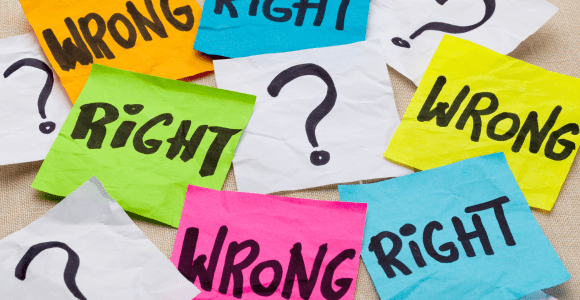
Our reading this week is from the gospel of Mark.
“The Pharisees and some of the teachers of the law who had come from Jerusalem gathered around Jesus and saw some of his disciples eating food with hands that were defiled, that is, unwashed. (The Pharisees and all the Jews do not eat unless they give their hands a ceremonial washing, holding to the tradition of the elders. When they come from the marketplace they do not eat unless they wash. And they observe many other traditions, such as the washing of cups, pitchers and kettles.)
Welcome Readers! Please subscribe to Social Jesus Here.
So the Pharisees and teachers of the law asked Jesus, “Why don’t your disciples live according to the tradition of the elders instead of eating their food with defiled hands?”
He replied, “Isaiah was right when he prophesied about you hypocrites; as it is written:
“ ‘These people honor me with their lips,
but their hearts are far from me.
They worship me in vain;
their teachings are merely human rules.’
You have let go of the commands of God and are holding on to human traditions.” . . .
Again Jesus called the crowd to him and said, “Listen to me, everyone, and understand this. Nothing outside a person can defile them by going into them. Rather, it is what comes out of a person that defiles them . . . For it is from within, out of a person’s heart, that evil thoughts come—sexual immorality, theft, murder, adultery, greed, malice, deceit, lewdness, envy, slander, arrogance and folly. All these evils come from inside and defile a person.” (Mark 7:1-8, 14-15, 21-23)
The first thing that jumps out to me (because We spent so much time in August in the gospel of John. The first thing that jumps out to me in Mark is who it defines as opposing the Jesus movement. In John, it’s Jesus versus Jews in general. It’s Christianity versus Judaism. We have discussed at length how harmful this Christian anti-semitic trope has been and continues to be.
In Mark, however, the narrative is Jesus versus Pharisees. The debate is within Jewish society, an argument between Jewish voices arguing with other Jewish voices.
Nonetheless, in the same way that John overgeneralizes and lumps all Jews together, Mark overgeneralizes and lumps all Pharisees together. This has led many Christians to use the term “Pharisee” as a pejorative term. That is anti-semitic, and Christians today need to stop using the term Pharisee as a negative. The Pharisees were a religio-political party whose members held a spectrum of beliefs. Pharisees in the House of Shammai were at one end of the spectrum and were the most restrictive. Pharisees in the House of Hillel were on the other end of the spectrum and defined Torah observance as love, and specifically love of neighbor. After the time of Jesus, the school of Hillel became the dominant group in the Pharisees and later evolved into Rabbinic Judaism. It interpreted the entire Torah through the lens of how one treated their neighbor. Jesus’ teachings (with the exception of debt cancellation and divorce) were much the same as the Hillelian Pharisees in this regard. The debate we encounter in Mark 7 is with Pharisees on the most outwardly restrictive end of the spectrum.
The Pharisees were just one of many religio-political groups at the time of Jesus who competed for social authority and positions of influence and power. Isenberg gives us a window into understanding the social context of our reading this week:
“The Pharisees, as other groups, engaged in interpretation of the written Torah…[but] distinguished themselves from other groups by a peculiar claim for the authority of their traditions and, by extension, for the authority of the Pharisaic tradents. They established their right to interpret authoritatively by placing themselves in a chain of tradition going back to the original revelation of Torah at Mt. Sinai and then by putting the contents of their interpretive activities into that very revelation. This they did by telling a myth which reports that both Written and Oral Law were revealed on Mt. Sinai…. Such claims to authority put them implicitly in competition with the other groups that claimed and had legislative authority, the priests and their supporters, the Sadducees…. It is reasonable to assume that they clashed on the matter of the Oral Law, and there is reasonable evidence from Josephus and the rabbinic literature to support the assumption. Certainly the matter was worth disputing since the outcome of the argument established who had control over the redemptive media in Jewish Palestine (Isenberg, quoted in Ched Myers, Binding the Strong Man: A Political Reading of Mark’s Story of Jesus, pp. 220-221)
Next, we’ll try and unpack another reality in our reading this week that may be difficult for us to wrap our heads around.
(Read Part 2)
Are you receiving all of RHM’s free resources each week?
Begin each day being inspired toward love, compassion, justice and action. Free.
Sign up at:
https://renewedheartministries.com/Contact-forms/?form=EmailSignUp















